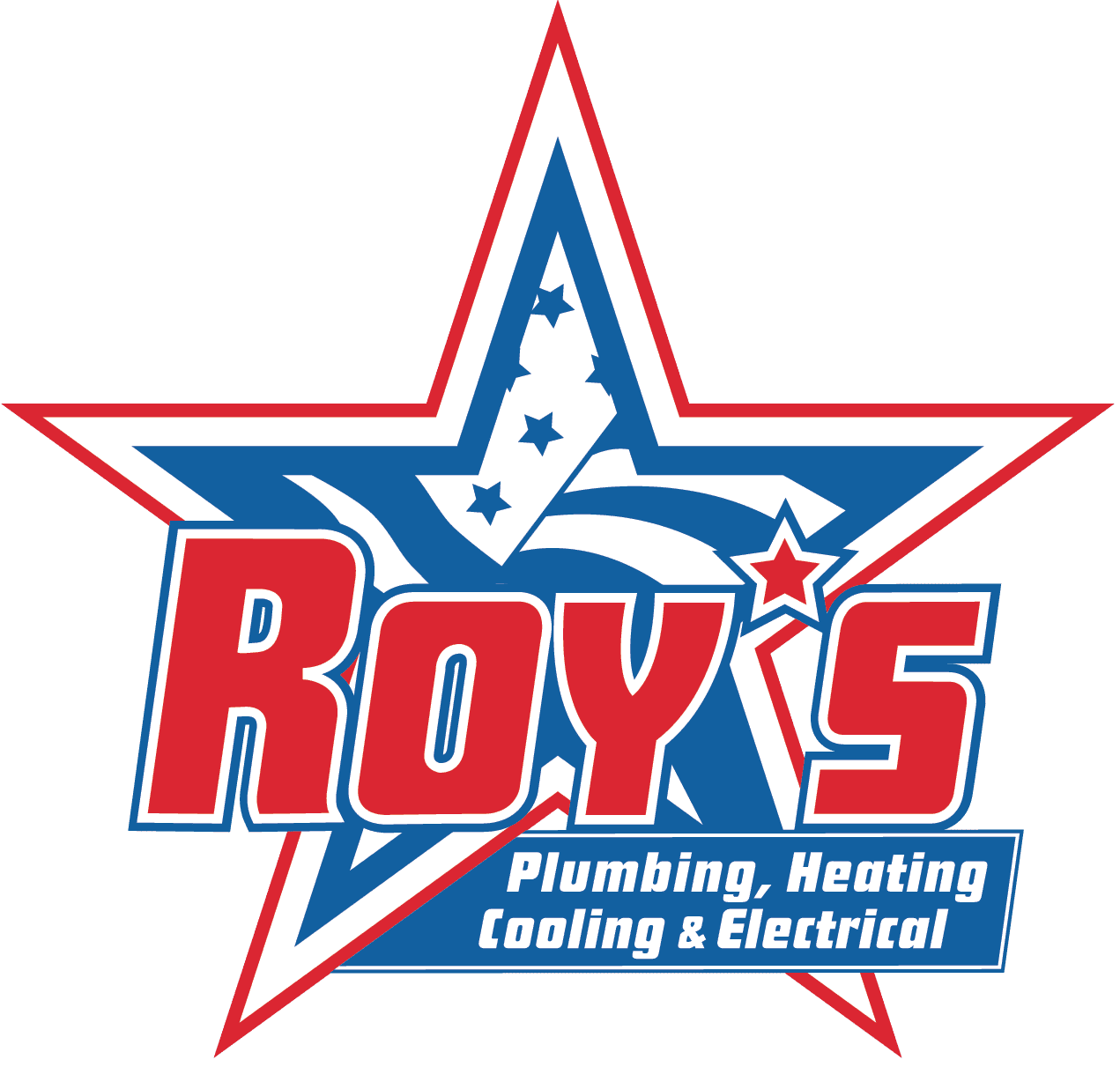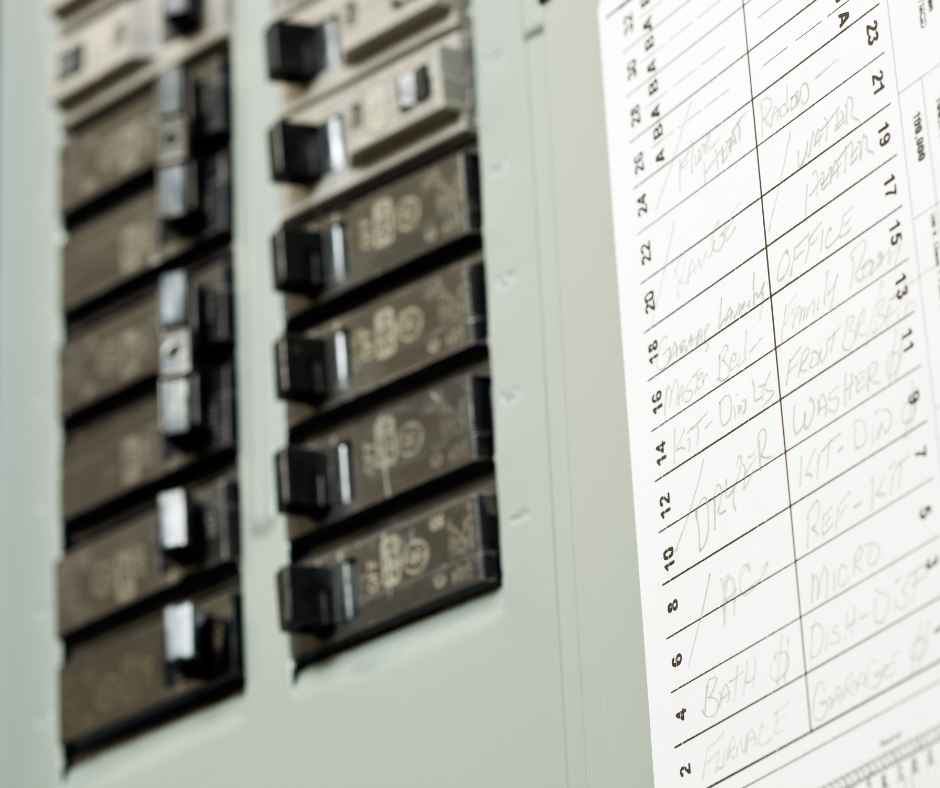
Should You Upgrade Your Electrical Panel Before Summer?
When summer rolls around, so does a major spike in home energy use. Air conditioners run almost nonstop. Ceiling fans spin from morning to night. Outdoor kitchens, pools, and entertainment systems come to life as families spend more time at home. But while you’re cranking up the AC or hosting backyard BBQs, have you thought about what all that added demand is doing to your electrical panel?
If your system is outdated or already straining under normal load, summer could push it to the breaking point. Your panel might be working harder than it’s built for—and when it fails, it’s not just inconvenient. It can be dangerous.
In this blog, we’ll walk you through why summer stresses your electrical system, how to know if your panel needs an upgrade, and why tackling the issue now—before the peak heat hits—is a smart investment in your home’s comfort and safety.
Why Summer Pushes Your Electrical System to the Limit
Think of your electrical panel as the control center of your home. It routes electricity to every room, appliance, outlet, and device you use. When everything is operating normally, your panel quietly does its job in the background. But as temperatures rise, energy demand rises with it—and not every system is equipped to handle the pressure.
What’s Behind the Summer Strain?
Cooling systems are by far the biggest contributors. Whether you’re running a central AC system, ductless mini-splits, or window units, your cooling equipment draws a significant amount of power. Add to that the ceiling fans in nearly every room, dehumidifiers, and smart thermostats, and it’s clear your HVAC system alone is a power-hungry force in the summer.
You’re also likely using more energy simply because you’re home more. Kids are out of school, and many people work remotely, meaning more electronics, lighting, and appliances are in use all day long.
Seasonal additions like pools, hot tubs, patio lights, electric grills, or outdoor sound systems all pile on even more energy demand. And let’s not forget—summer storm season brings a greater risk of power outages and dangerous voltage surges that test your panel’s protective capabilities.
If your panel is outdated or wasn’t designed for this level of activity, you might notice warning signs—or worse, experience a serious electrical hazard.
Key Signs You Might Need an Electrical Panel Upgrade
Not sure if your current panel is up to the task? Many homeowners miss the early indicators of a stressed or undersized panel until a serious issue occurs. But there are several telltale signs you can watch for.
Warning Signs to Look For
- Frequent breaker trips: If your breakers are constantly tripping, your panel may be overloaded or struggling to manage circuit demand.
- Lights that flicker or dim when appliances turn on, especially heavy-load ones like AC units or microwaves.
- Buzzing or crackling sounds from the panel area—this is never normal and can be a sign of arcing or loose wiring.
- Warm or discolored outlets, which can point to overloaded circuits or wiring issues.
- The age of your panel: If it’s over 25 years old or still uses fuses instead of breakers, it’s likely no longer safe or up to code.
Don’t wait for these issues to worsen. A licensed electrician can assess your system and determine whether your panel is safe and sufficient—or if an upgrade is necessary.
Why Upgrading Your Panel Makes Sense Before Summer
The best time to act on electrical upgrades is before you’re in the middle of a heatwave and experiencing problems. An upgrade doesn’t just protect your home—it adds lasting value and peace of mind.
Top Reasons to Upgrade Now
Upgrading your panel ensures your electrical system can support modern energy demands. From larger appliances to smart home integrations, today’s homes need more power than ever. A new panel distributes that power more efficiently and safely.
It also reduces the risk of overheating wires and electrical fires, which are more common when an overloaded panel is forced to keep up with high energy loads.
Another major perk? Fewer outages and breaker trips. With a stronger system, you won’t have to worry about your AC shutting off unexpectedly or your home office losing power during a critical Zoom call.
And if you’re planning future home improvements—like adding a hot tub, installing solar panels, or upgrading to an electric vehicle—a new panel sets you up for easy, seamless additions without needing another overhaul down the line.
What’s Involved in an Electrical Panel Upgrade?
Many homeowners delay electrical work because they worry about the hassle. But with an experienced professional like Roy’s Plumbing, Heating, Cooling & Electrical, the process is smooth, safe, and quicker than you might think.
Here’s what a typical upgrade involves:
- Initial inspection: A licensed electrician will evaluate your current system and calculate your home’s electrical load needs.
- Permits and compliance: They’ll handle the necessary permits and ensure your new panel complies with local building and safety codes.
- Removal of the old panel: The old panel is carefully disconnected and removed.
- Installation of the new panel: The new panel is installed, with all breakers labeled and circuits properly organized.
- System testing: Before leaving, the technician will test your system to ensure everything is operating safely and efficiently.
In many cases, this process can be completed in just one day with minimal disruption to your daily routine.
Should You Consider a Subpanel Instead?
If your main panel is still in decent shape but just lacking in available circuits, you might not need a full replacement. In this case, a subpanel could be the right solution.
Subpanels are smaller electrical panels that connect to your main panel and are used to distribute power to a specific area of the home or a group of high-demand appliances. They’re commonly used for:
- Home additions or renovations
- Garage or basement conversions
- Pool or hot tub installations
- Electric vehicle chargers or home workshops
A professional electrician can assess whether a subpanel is a more cost-effective and practical solution than a full upgrade.
Tips for Maintaining Your Electrical System During the Summer
Already have a new panel? Great! Now it’s time to make sure your system continues to operate safely through the summer and beyond. A few simple habits can extend the life of your panel and keep your home protected.
- Don’t overload outlets: Avoid plugging multiple high-wattage devices (like window units or space heaters) into the same outlet.
- Use power strips with surge protection for electronics, especially during storm season.
- Schedule regular safety inspections to catch small issues before they become big ones.
- Unplug unused electronics to prevent phantom energy drain and reduce the chance of surge damage.
- Replace aging outlets with GFCI or AFCI models for added protection in kitchens, bathrooms, and outdoor areas.
Staying proactive with electrical maintenance helps your system handle the demands of summer without breaking a sweat.
Wrap-Up: Upgrade With Confidence This Summer—Call Roy’s Plumbing, Heating, Cooling & Electrical
Summer brings sunshine, fun, and a lot of energy usage. If your electrical panel is outdated, showing signs of strain, or simply wasn’t built for today’s demands, don’t wait for a breakdown to take action. Upgrading your panel now ensures your family stays safe, comfortable, and connected all season long.
At Roy’s Plumbing, Heating, Cooling & Electrical, we specialize in expert panel inspections, safe and efficient upgrades, and smart electrical solutions designed for modern homes. Whether you need a full panel replacement or just a boost with a subpanel, our licensed electricians are here to help.
Call Roy’s Plumbing, Heating, Cooling & Electrical today to schedule your electrical panel upgrade and make this summer your most stress-free one yet!
Recent News
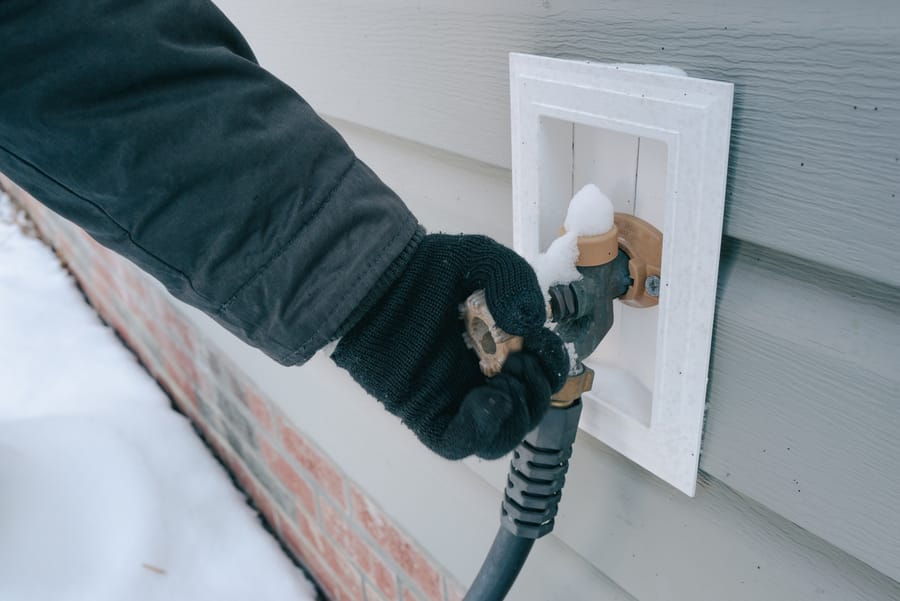
WNY Winterization Guide: Protecting Your Pipes and Furnace from Sub-Zero Temps
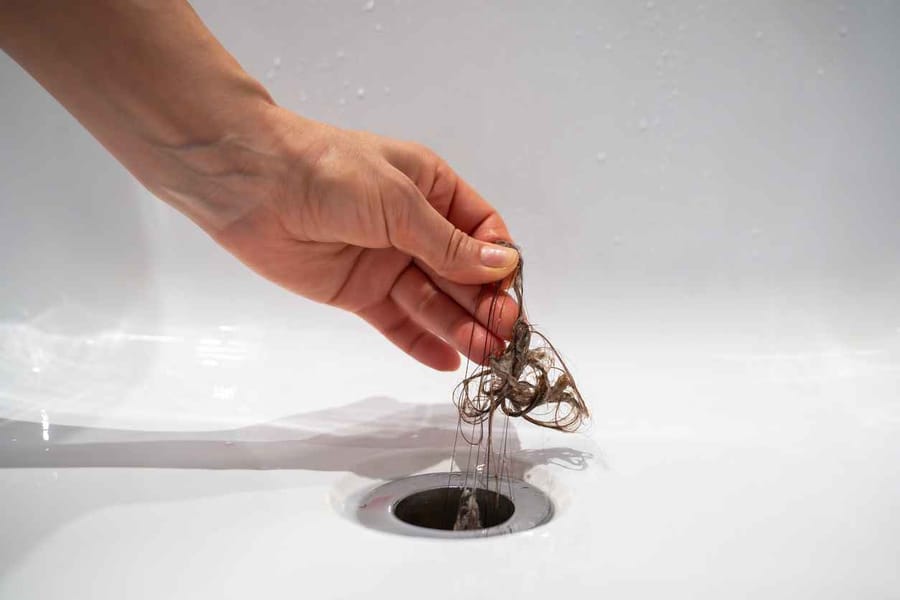
How to Prevent Clogs in Your Drains: Tips Buffalo Homeowners Can Use
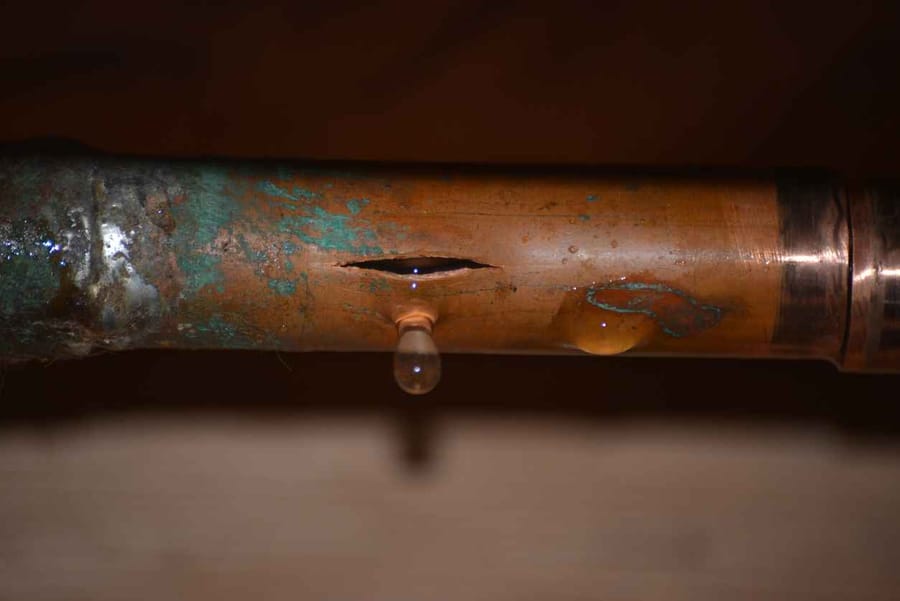
5 Signs Your Pipes Need Repair Before They Burst: A Guide for Buffalo Homeowners
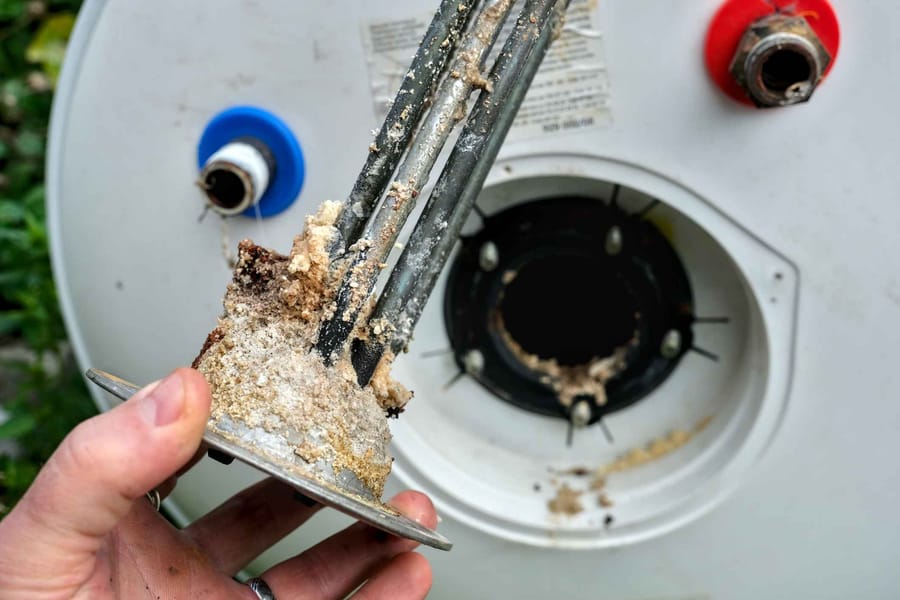
Why Regular Plumbing Maintenance Pays Off in the Long Run

Mastering Residential Plumbing and Drain Care: Pro Techniques for Leak Prevention, Pipe Longevity, and Eco-Friendly Maintenance
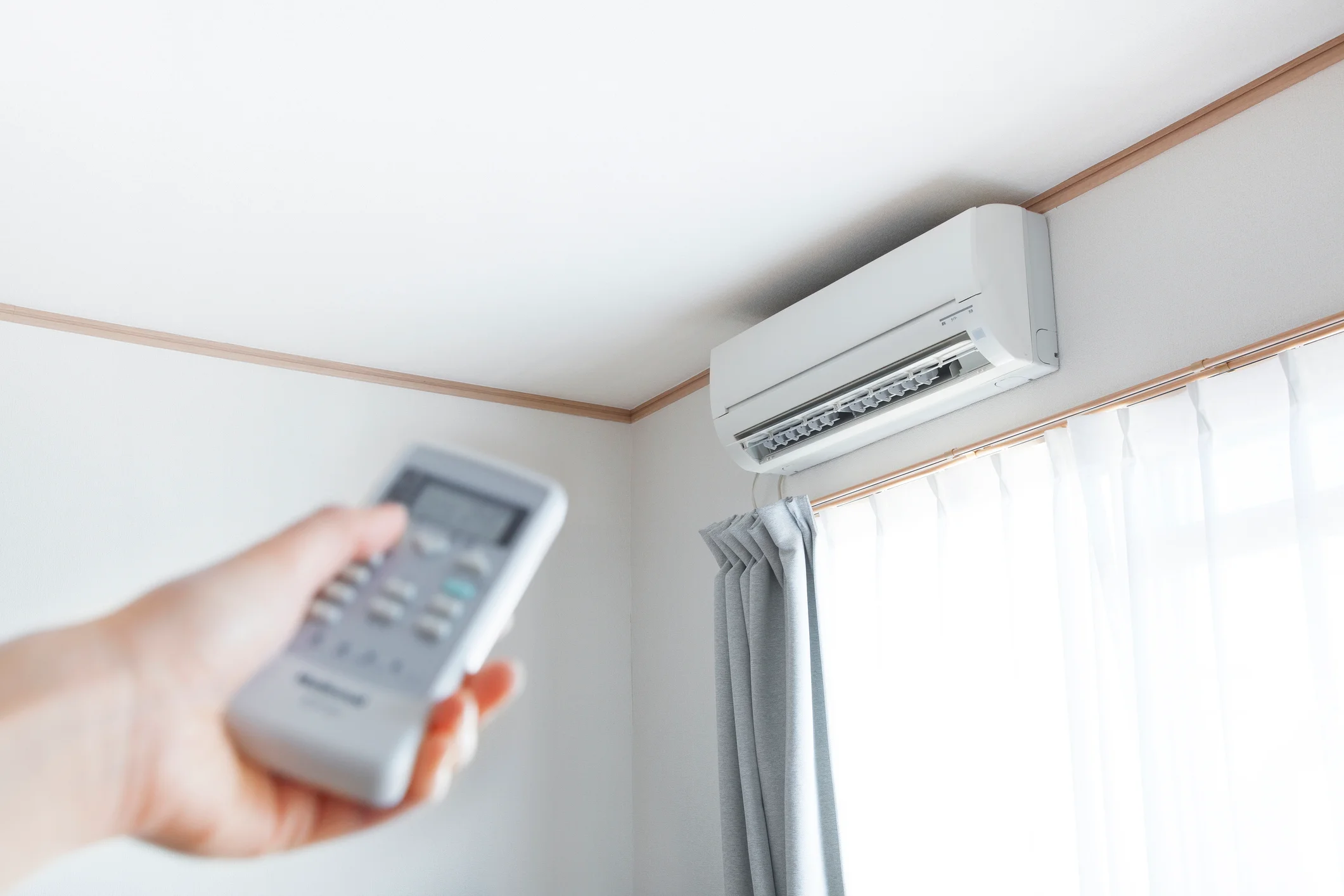
What Is a Mini Split, and How Is It Different from Central Air and Other HVAC Options?
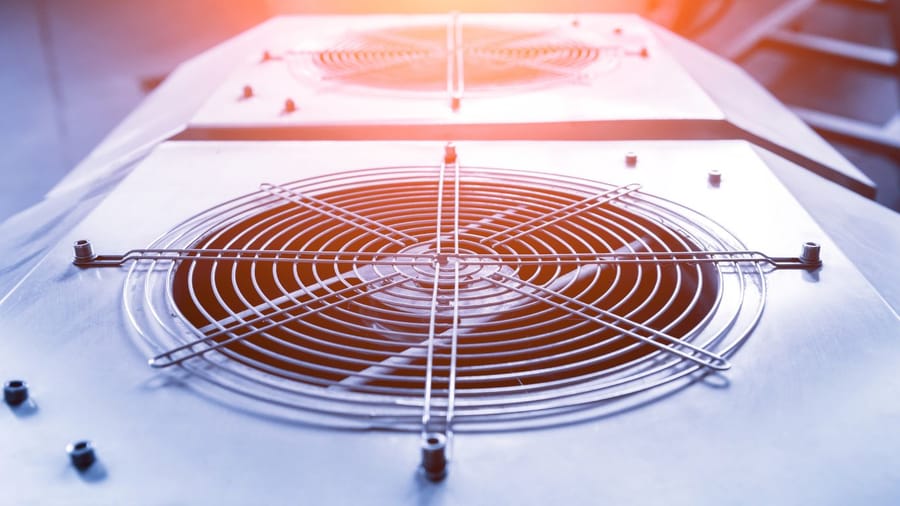
An In-Depth HVAC Efficiency Audit: How to Diagnose Performance Issues, Enhance Indoor Air Quality, and Cut Energy Costs
Get in Touch
